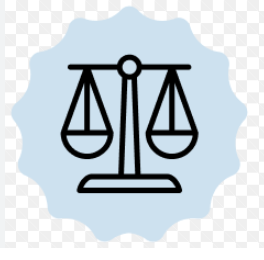

The first six words of this short article are at the heart of global attempts to end the death penalty. If it enshrines the right to life, abolitionists argue, how can state-sponsored killing be justified? As South African Anglican Bishop Desmond Tutu said, “to take a life when a life has been lost is revenge, not justice.”
Drafters of the 1948 Universal Declaration of Human Rights (UDHR) had fresh in their minds Nazi concentration camps and state-organized slaughter of millions simply because they were not the “correct” sort of person. Article 3 – and closely related Articles 5 and 9 against torture and arbitrary arrest – were a firm renunciation of Hitler’s belief in the supremacy of the state to control the lives of individuals.
Chilean drafter Hernan Santa Cruz explained that many of the UDHR’s Articles, are based on the belief that “the interests of the individual [come] before those of the state and that the state should not be allowed to deprive the individual of his dignity and his basic rights.”
The right to life has gone on to be one of the core rights accepted by countries; 77 percent of the world’s constitutions include this right, compared to 27 percent of constitutions in effect in 1945, when the UN was founded.
Article 3 is about much more than the death penalty. It is fundamental to enjoyment of all other rights: after all, you have to be alive to exercise free speech, get married, or hold nationality.
This was emphasized in a quasi-legal “general comment” document published in October 2018 by the Human Rights Committee, a body of independent experts that monitors implementation of the International Covenant on Civil and Political Rights, one of the two covenants that expand on the UDHR.
It noted that the obligation to protect, respect and ensure the right to life covers many other issues including modern technologies such as the use of drones in armed conflict. Looking to the future, it said environmental degradation, climate change and unsustainable development represent serious threats to the ability of present and future generations to enjoy the right to life.
Others have argued that Article 3 embraces many other issues – deprivation of health care that leads to death, extra-judicial killings, even the use of live ammunition by police forces against unarmed protestors.
Antônio Cançado Trinidade, then President of the Inter-American Court of Human Rights wrote that “the arbitrary deprivation of life is not limited to the illicit act of homicide; it extends itself to the deprivation of the right to live with dignity.”
The right to life is amplified in four UN treaties whose stated purpose is to abolish the death penalty, and since 2007 the UN General Assembly has adopted five non-binding resolutions calling for a global moratorium on executions as a step to eventual abolition. “There is no place for the death penalty in the 21st century,” said former UN Secretary-General Ban Ki-moon.